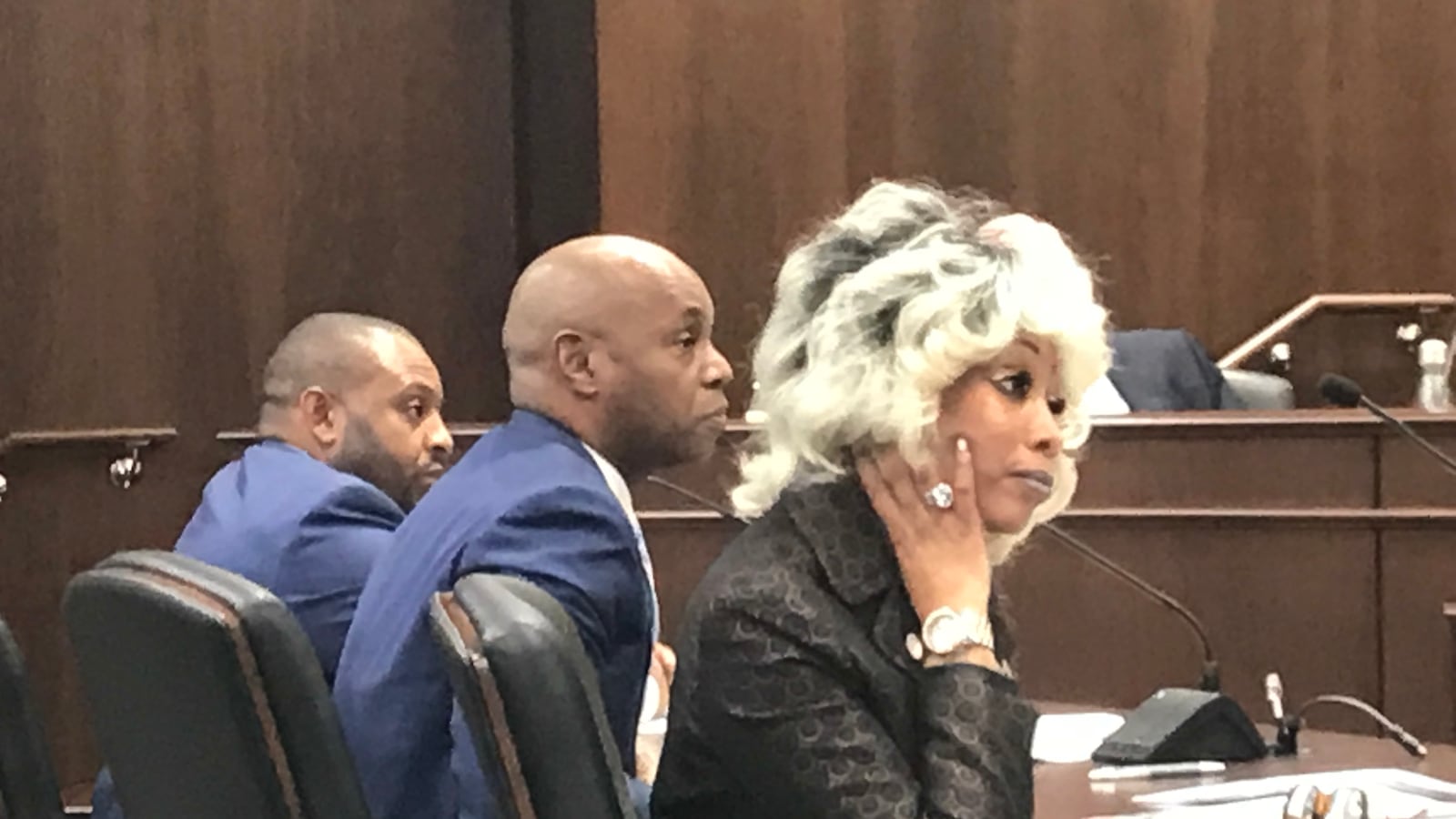State-mandated education programs that don’t include extra money to pay for them are the ire of school leaders, and the head of Tennessee’s largest district is reminding state lawmakers that they have a chance to begin addressing a big one this year.
Superintendent Dorsey Hopson told members of two House education committees Tuesday that Shelby County Schools spends about $17 million annually on a personalized learning program that was approved by the State Board of Education in 2014.
Response to Instruction and Intervention, or RTI, aims to keep struggling students from falling through the cracks and is in its fourth year in Tennessee. But the model has not inspired the state to set aside one extra penny so far to pay for it and, even as the Department of Education recently reported progress through RTI, the program is a sore point for district leaders.
For the first time, Gov. Bill Haslam has included just over $13 million in his proposed budget for RTI, but it’s only enough to fund the cost of about one interventionist per district, along with some additional resources, trainings, and tools to strengthen the program.
“Unfunded mandates like RTI … is a good strategy, but it costs a lot,” Hopson said.
Hopson and a contingent from Shelby County Schools were at the State Capitol Tuesday to talk with lawmakers and other state leaders about his Memphis district. He used the opportunity to emphasize the challenges of serving a large impoverished student population.
Overseeing a budget of about $1 billion, Hopson said the financial health of Shelby County Schools has improved significantly in the five years since the 2013 merger of city and county districts, but “we still have tremendous needs,” he added.
“We have 40,000 kids who live in households where the income is less than $10,000 a year. … And while that’s never an excuse, it certainly creates hurdles and obstacles that people have to deal with,” he said of the need for significant wraparound services.
Shelby County Schools is in the midst of litigation against the state over the adequacy of Tennessee funding for schools under the Basic Education Plan formula. Districts in Chattanooga and Memphis and several smaller communities also have sued the state over its level of funding.
As part of his presentation to lawmakers, Hopson also reported on his district’s progress, setbacks, and priorities. You can view the full presentation below:

